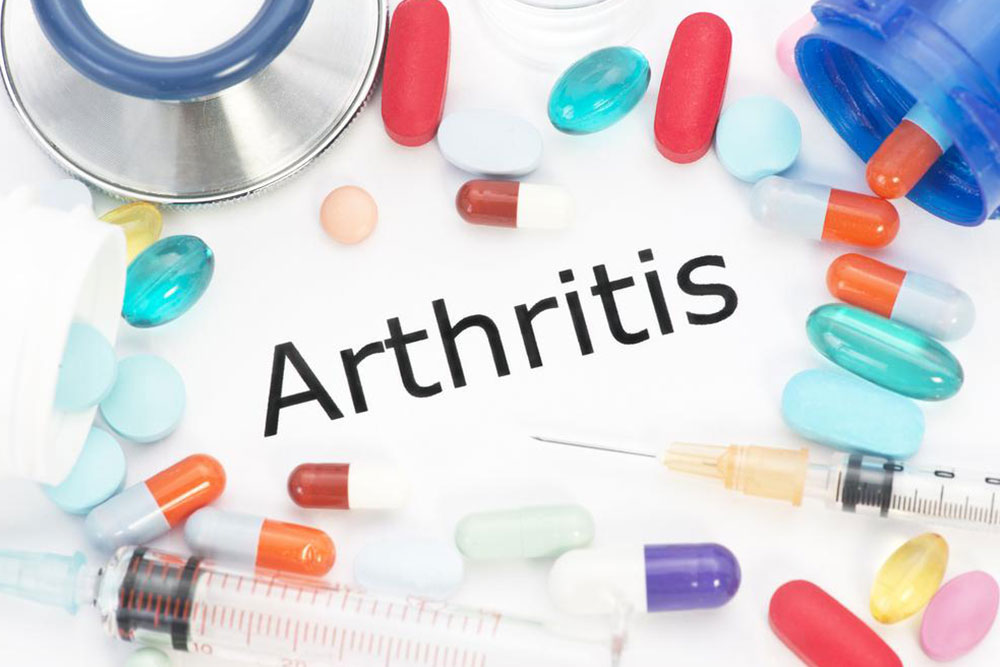Arthritis – Classification and treatment
Arthritis is an ailment that affects joints resulting in acute to chronic pain. Symptoms include joint pain and stiffness or crooked finger joints. Other signs may include redness, warmth, swelling, and a decreased range of motion of the affected joints. Symptoms may come and go. They can be severe, moderate or mild.

Arthritis is not a single disease; it is an informal way of referring to joint pain or joint disease. People of all ages, sexes and races can have arthritis, and it is the leading cause of disability in America. More than 50 million adults and 300,000 children have arthritis. It is most common among women and frequently occurs as people get old. Arthritis is the basic cause of disability in the US.
Classification:
Osteoarthritis – Osteoarthritis (OA) is a joint disease that is caused due to the breakdown of joint cartilage and underlying bone. Unlike other forms of arthritis, in this case, only the joints are affected.
Rheumatoid arthritis- Rheumatoid arthritis (RA) is a long-term autoimmune disorder that primarily affects joints.
Gout and PseudoGout – Gout is a form of inflammatory arthritis characterized by repeated attacks of a red, hot, tender, and swollen joint. Calcium pyrophosphate dihydrate deposition (CPPD) disease, also called pyrophosphate arthropathy or pseudogout, is an arthritic disorder with various symptoms and signs arising from the accumulation of crystals of calcium pyrophosphate dihydrate in the connective tissues.
Septic arthritis – Septic arthritis, also known as infectious arthritis or joint infection, is the incursion of a joint by an infectious agent which produces arthritis.
Ankylosing spondylitis- In this type of arthritis, the joints of the spine suffer a long-term inflammation.
Juvenile idiopathic arthritis (JIA) – Also called juvenile rheumatoid arthritis (JRA), this is the most prevalent form of arthritis in children and adolescents.
Still’s disease – Adult-onset Still’s disease (AOSD) is a rare systemic inflammatory disease characterized by persistent high spiking fevers, joint pain, and a distinct salmon-colored bumpy rash.
Treatment:
There is no known cure for Rheumatoid or Osteoarthritis. Treatment possibilities vary depending on the type of arthritis and include physical therapy, lifestyle changes (involving exercise and weight control) and medications. Studies have shown that the physical exercise of affected joints can noticeably enhance long-term pain relief. Joint replacement surgery may be required in some forms of arthritis. Medications can help reduce inflammation in the joint which decreases pain. Various medications are used for the treatment of arthritis. Depending on the form of arthritis, the medications that are given may vary. Since there is no permanent cure to the condition, many consider taking alternative medicine therapy. Dietary control, acupuncture, yoga, and tai chi are a few popular alternative therapies.











